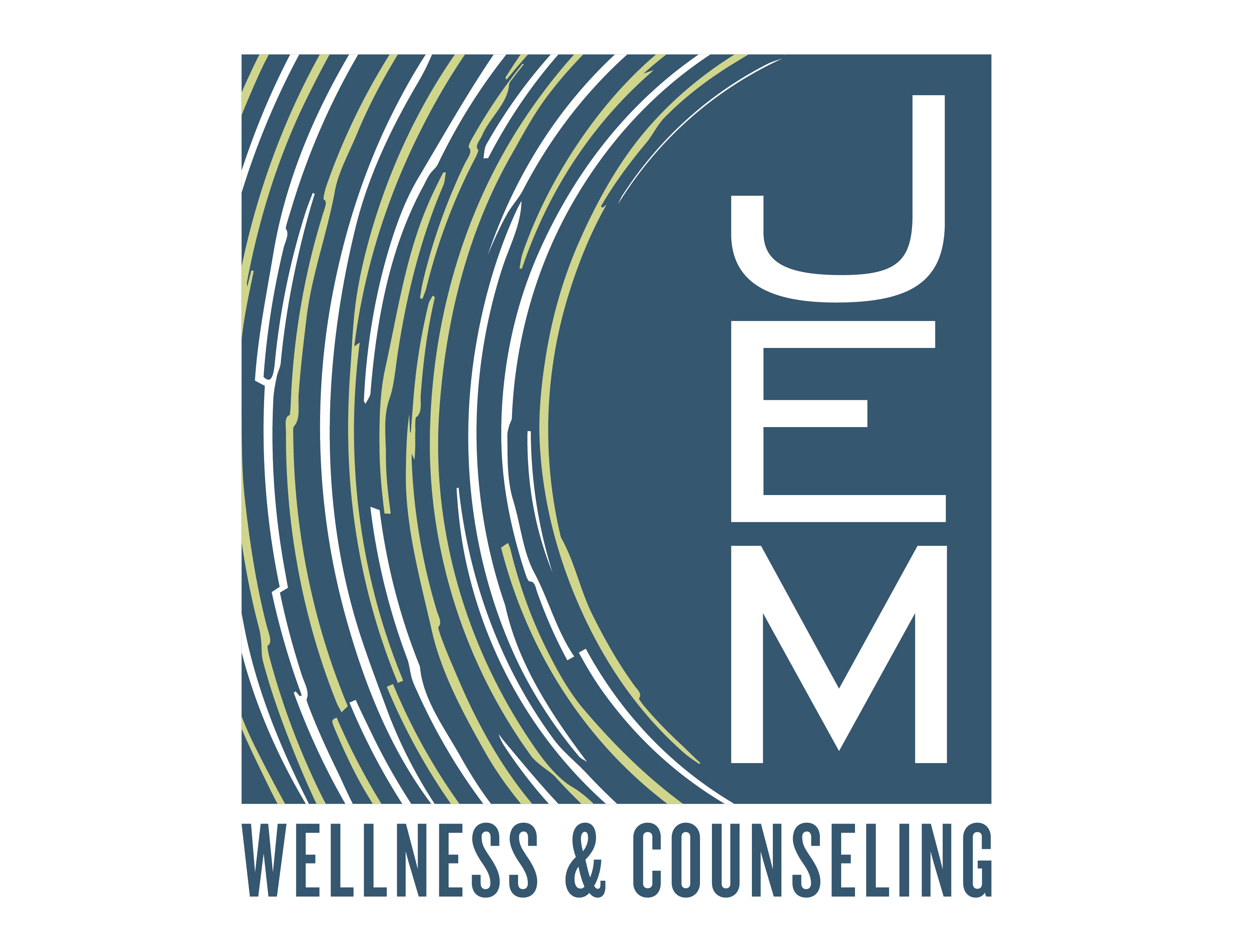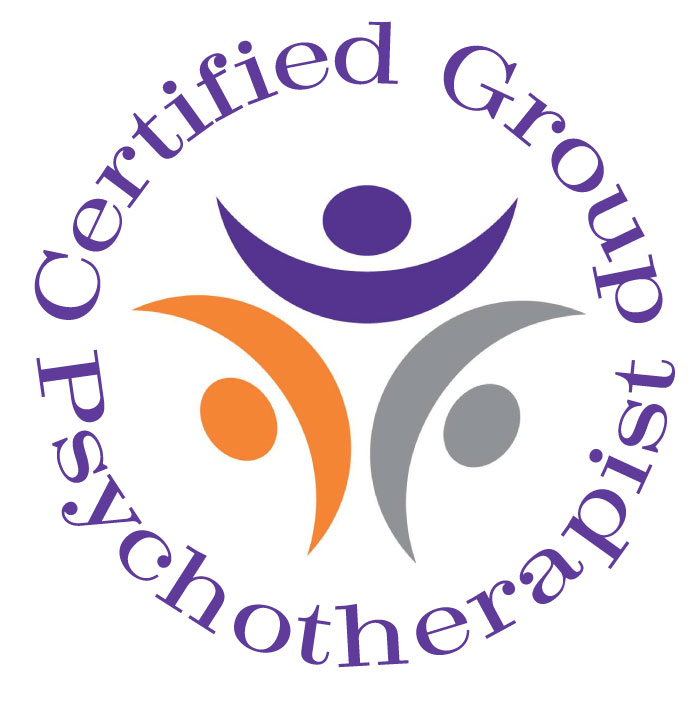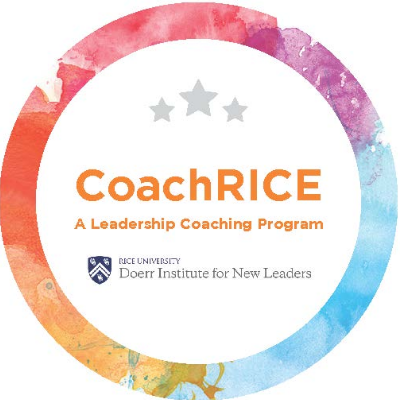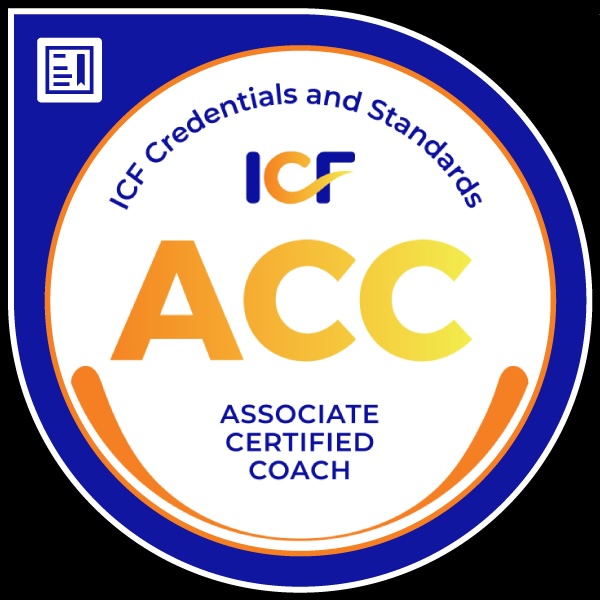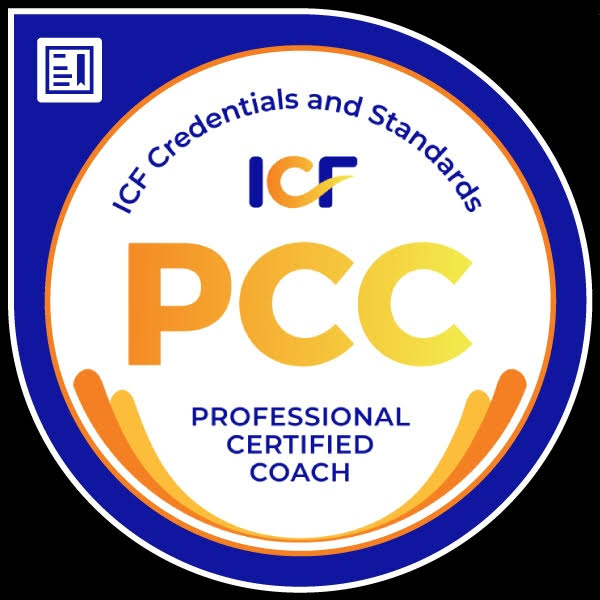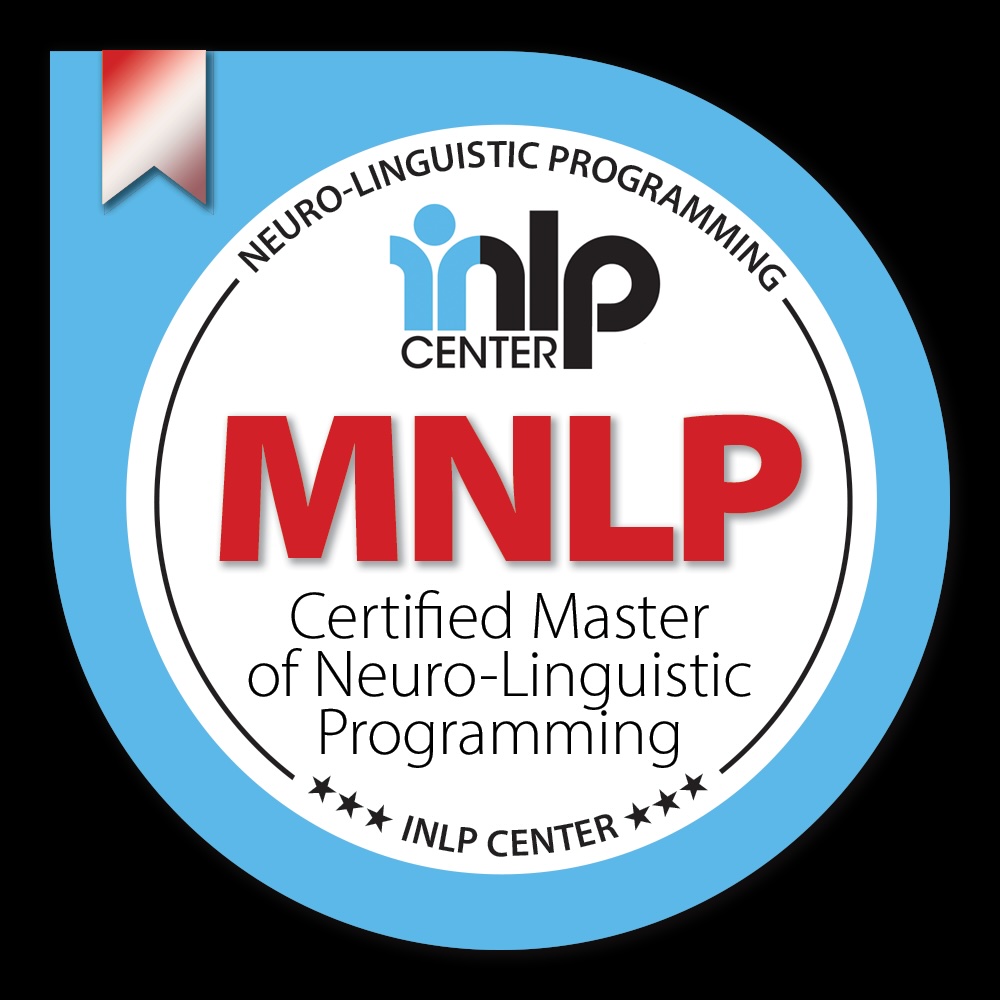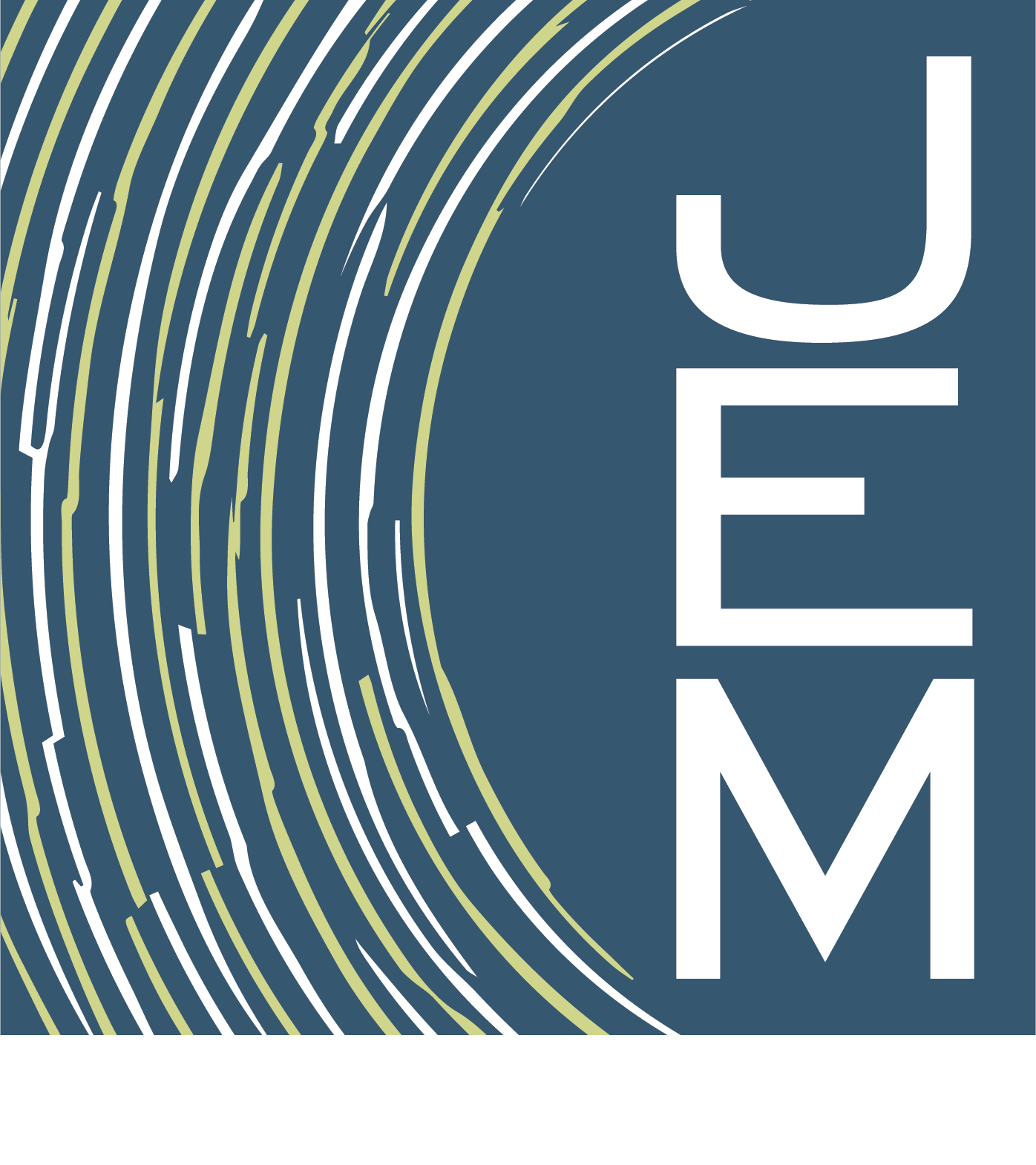Therapy, Coaching, and Equine-assisted services at one of our 3 Greater Houston locations or in the comfort of your home or office via virtual visits.
At JEM Wellness, we offer a variety of psychotherapy & coaching services tailored to meet your unique needs. Our experienced clinicians provide individual counseling & coaching to help you navigate personal challenges and achieve emotional well-being. For those seeking community support, our group counseling and coaching sessions create a safe space to share experiences and build connections. Additionally, we offer virtual therapy and coaching, allowing you to receive professional care from the comfort of your home. With JEM, you can also discover the healing power of Equine-assisted psychotherapy, where interactions with horses aid in addressing anxiety, depression, and trauma.
Individual Therapy
Who We Treat
Child, adolescent & teen counseling are flexible service options that may include siblings and parents, as needed. Your therapist will address a range of concerns and issues such as: eating disorders, self-esteem, deliberate self-harm, bullying, addressing behavioral issues, developing parenting techniques, increasing healthy communication, and settling after a separation, divorce or new marriage.
Our primary focus upon engaging in therapy with children is to support them in feeling safe and comfortable and to build a connected partnership with you and your child – whether through playing together, talking about your child’s favorite games or music, or jumping right into the problem areas. Your therapist will meet your family where you are.
While developing the therapeutic relationship, we are also working toward understanding the nature of the problem that has brought your family in for child therapy. We will likely meet with you first, separate from your child, to inquire about your child’s behavior at home and at school, sleep, appetite, and social and family relationships. We will seek to gain insight how your child, through your perspective, understands him/herself and the world.
After gaining a sense of the problem, we will work with your child to overcome his/her fears, change negative beliefs, and to increase self-esteem. By engaging fully in the therapeutic process, your child will learn new ways to navigate his/her world in a more well-adjusted and peaceful way.
Are you a new parent? Do you feel like you have absolutely no idea what you’re doing? You are joining most new parents around the world in this struggle – welcome!
Regardless of what your own family was like growing up, how many parenting classes you’ve taken, how many books you’ve read or how much support you have – the transition to parenthood can be difficult.
As a new parent, you’re faced with the newness and confusion of taking care of your infant while you’re also trying to adapt to a life with much less sleep, no time for yourself anymore, possible increased frustration and conflict with your partner or others in your life, and feeling behind (and maybe even incompetent) in areas of your life that used to feel seamless and simple.
Therapy can help you learn how to cope with such a major transition in your life that inherently comes with infinite unknowns, fears, and concerns, along with all the joy.
The LGBTQ+ community consists of lesbian, gay, bisexual, transgender, and queer (or questioning) individuals. Although society is growing increasingly supportive of LGBTQ+, these individuals still face unique challenges that can negatively impact their mental health and overall wellbeing.
Evidence based treatment in conjunction with supportive therapeutic allies as treaters can be very effective and helpful with issues like deciding how and when to come out, managing family conflict, dealing with discrimination, and managing mental illness and suicidal ideation. Evidence is showing that individuals in the LGBTQ+ community are three times more likely to experience a mental health condition and 2.5 times more likely to develop depression, anxiety, and substance abuse.
JEM’s supportive and qualified therapists help our LGBTQ+ clients work through their unique challenges and experiences by creating a safe space to explore their presenting issues, join together in alliance in treatment planning and implementation toward healing and clarity about future goals so our LGBTQ+ clients can navigate their worlds successfully and confidently.
When we lose a loved one, the pain we experience can feel unbearable. This experience is one of the most distressing and, unfortunately, most common experiences people face. Most people experiencing normal grief and bereavement have a period of sorrow, numbness, and even guilt and anger. Gradually these feelings ease, and it’s possible to accept loss and move forward.
For some people, feelings of loss are debilitating and don’t improve even after time passes. This is known as complicated grief, sometimes called persistent complex bereavement disorder. In complicated grief, painful emotions are so long lasting and severe that you have trouble recovering from the loss and resuming your own life.
Different people follow different paths through the grieving experience. The order and timing of these phases may vary from person to person:
- Accepting the reality of your loss
- Allowing yourself to experience the pain of your loss
- Adjusting to a new reality in which the deceased is no longer present
- Having other relationships
These differences are normal. But if you’re unable to move through these stages more than a year after the death of a loved one, you may have complicated grief. If so, seek treatment. It can help you come to terms with your loss and reclaim a sense of acceptance and peace.
During the first few months after a loss, many signs and symptoms of normal grief are the same as those of complicated grief. However, while normal grief symptoms gradually start to fade over time, those of complicated grief linger or get worse. Complicated grief is like being in an ongoing, heightened state of mourning that keeps you from healing.
Some Symptoms of Grief and Loss are:
- Intense sorrow, pain and rumination over the loss of your loved one
- Focus on little else but your loved one’s death
- Extreme focus on reminders of the loved one or excessive avoidance of reminders
- Intense and persistent longing or pining for the deceased
- Problems accepting the death
- Numbness or detachment
- Bitterness about your loss
- Feeling that life holds no meaning or purpose
- Lack of trust in others
- Inability to enjoy life or think back on positive experiences with your loved one
Complicated grief also may be indicated if you continue to:
- Have trouble carrying out normal routines
- Isolate from others and withdraw from social activities
- Experience depression, deep sadness, guilt or self-blame
- Believe that you did something wrong or could have prevented the death
- Feel life isn’t worth living without your loved one
- Wish you had died along with your loved one
If you have thoughts of suicide, call 911 or your local emergency services number or call a suicide hotline number. In the United States, call the National Suicide Prevention Lifeline at 1-800-273-TALK (1-800-273-8255) to reach a trained counselor right away.
There are a variety of reasons for seeking out a therapist to work through infertility challenges. It may be that your doctor recommends you to see a counselor before certain treatments or before having repeated fertility treatments.
For LGBTQ couples, counseling can help you consider your options for building a family and how different choices might affect your relationship. While you may not be facing a medical diagnosis of infertility, a counselor can help you with the process of assisted reproduction or adoption.
The emotional pain women experience when going through infertility can be severe and traumatic. Coping with infertility is hard, and seeking out therapeutic support is natural and appropriate. Seeing a therapist could help you cope with the emotional struggle of infertility.
If infertility is taking over most of your thoughts and activities, it is negatively impacting your relationship, you are at a loss for what to do next, you are considering giving up the dream of having children or you would simply like support to get through the intensive emotions you may be experiencing it may be time to seek therapeutic support.
You don’t have to go through infertility alone. We are here to support you.
While there are common themes among people with disordered eating, every individual is unique. The JEM clinicians offer personalized approaches and treatment plans for all ED clients. After our comprehensive assessment and clarification of your treatment goals, we outline a unique treatment plan for you.
Whether you are struggling with disordered eating, anorexia, bulimia, binge eating, rumination, or avoidant/restrictive eating disorders, our first-line interventions are often the evidence-based treatment models developed specifically for eating issues. The treatments we use most in our adult patients are Enhanced Cognitive Behavioral Therapy (CBT-E) and Dialectical Behavior Therapy for Eating Disorders (DBT-ED). Treatment is a collaborative process, driven by the client with the therapist serving as a supportive, empathic, and informed partner.
Most eating disorders involve focusing too much on your weight, body shape, and food, leading to dangerous eating behaviors. These behaviors can significantly impact your body’s ability to get appropriate nutrition. Eating disorders can harm the heart, digestive system, bones, teeth, and mouth, and lead to other diseases.
Eating disorders often develop in the teen and young adult years, although they can develop at other ages. With treatment, you can return to healthier eating habits and sometimes reverse serious complications caused by the eating disorder.
Helping a loved one to receive treatment:
Some people with eating disorders may not think they need treatment. If you’re worried about a loved one, you can open the door by expressing concern and a desire to listen. If they are willing to hear about how a therapist can support them toward healing and recovery, that is the best next step.
Be alert for red flags that may indicate an eating disorder. They include:
- Skipping meals or making excuses for not eating
- Adopting an overly restrictive vegetarian diet
- Excessive focus on healthy eating
- Making own meals rather than eating what the family eats
- Withdrawing from normal social activities
- Persistent worry or complaining about being fat and talk of losing weight
- Frequent checking in the mirror for perceived flaws
- Repeatedly eating large amounts of sweets or high-fat foods
- Use of dietary supplements, laxatives, or herbal products for weight loss
- Excessive exercise
- Calluses on the knuckles from inducing vomiting
- Problems with loss of tooth enamel that may be a sign of repeated vomiting
- Leaving during meals to use the toilet
- Eating much more food in a meal or snack than is considered normal
- Expressing depression, disgust, shame, or guilt about eating habits
- Eating in secret
Addiction is a complex disease that can affect many areas of a person’s life. Addiction requires individualized treatments and modalities that address the symptoms and underlying causes of the disease, as well as the consequences that substance use has on different areas of a person’s life. This includes their ability to socialize, their physical and mental health, and consequences at work, home, school, or with the law. There are many types of therapy available to effectively treat addiction.
Causes and Risk Factors for Addiction
There are a variety of causes and risk factors that can contribute to the development of a substance use disorder. These may include:
- Genetics, such as a family history of substance abuse.
- Starting substance use at an early age.
- Easy access to drugs or alcohol, especially at a young age.
- Exposure to heavy advertising of substances (like alcohol).
- A current mental health diagnosis.
- Low parental monitoring.
- A high amount of family conflict.
- A history of abuse or neglect.
- Family conflict or violence.
Through therapy, counseling, rehab, and other treatment modalities, the core reasoning for development of addiction can be discussed and coping mechanisms and healing can commence. Because addiction impacts everyone differently, the course to addiction recovery can be different for each person.
Behavioral therapies are perhaps the most commonly utilized types of treatment for addiction that is frequently used during substance rehabilitation. A general behavioral therapeutic approach has been adapted into a variety of effective techniques. Following your comprehensive biopsychosocial assessment, your therapist will go over treatment options with you to determine the best fit for your recovery plan.
Individual Therapy
Couple and Family Therapy
Who We Treat
Couples counseling supports committed partners who have made the decision to address relationship issues and improve their relationship in general. Our therapists will support relationship growth around improving communication, managing conflict, enhancing intimacy, addressing anger, and support for those considering a separation.
Conflict in relationships can improve more quickly the earlier they are addressed. Sometimes, the unavoidable evidence that the relationship is in trouble includes extended periods of stonewalling, chronic criticism, lack of communication or intimacy, and infidelity. Whatever is going on in your relationship, our therapists can help you. Quite often, couples who are seeking help have gotten into patterns of ineffective communication. In couples counseling, we support and teach partners to listen and communicate in new ways. Often this work culminates in new language and new understanding for both partners.
Whatever your reason for seeking couples counseling, we are interested and looking forward to supporting you and your partner.
Committing your life to another person is sometimes both an exciting and anxiety-provoking decision. To solidify the relationship you already have and make sure that you are anticipating any and all potential stumbling blocks in your ongoing commitment to one another, it can be helpful to seek out professional therapeutic support. Through learning more about common pitfalls people encounter in long-term relationships and practicing healthy communication skills and conflict resolution techniques, you can provide yourself and your partner the best chance for the happy, life-long commitment for which you each hope. We look forward to supporting you and your partner toward establishing the strongest foundation possible as you enter into an exciting time in your lives.
The family is the most important connection that humans have. However, it is natural for all families to experience troubles, stress, or conflict. In order to maintain the health of the family, it’s important to understand and identify the needs of each individual member and balance those needs with the well-being of the entire family unit. Family therapy is a unique form of therapy that can help with identifying those needs, improving communication among family members and improving empathy and connection. A therapist can be a great resource for families who are looking for a new way to re-connect or repair from conflict.
What are the Reasons Your Family May Benefit from Family Therapy?
As you make this important decision to seek outside support, here are some reasons that indicate that your family may benefit from counseling.
The Blended Family
A blended family is when two separate family units decide to become one. These types of families can be difficult to navigate, especially when there are other parents from previous relationships still involved in the children’s lives. The step-parent role can be full of ongoing negotiations. Whatever role you play in the family, the shared goal is probably to have a harmonious family unit where all members feel heard and honored. Family counseling can support this goal.
The Distanced Family
Have you noticed that your family doesn’t talk anymore? Are your teenagers sitting around the dinner table Tweeting and Tik-Tok-ing rather than telling you about their day? Do you find yourself checking social media to see what your family is up to? Do you know who your husband or kids went to lunch with before they updated their Instagram feed?
The more connected we are to our phones and virtual worlds, the less connected we may be with the people who mean the most to us. Family therapy can help families who aren’t communicating effectively reconnect with each other.
Family in Isolation
As children grow into adolescents and then into teenagers, their needs change as do their preference for privacy. You or your partner may want a day (or weekend) away from the stresses of daily life and parenting. Taking time for yourselves is natural and healthy. However, withdrawing from the family, staying in separate rooms for prolonged periods of time, or isolating from the family and also friends is a sign of potentially serious issues in members of the family and the family as a whole.
Family therapy can help you reconnect with one another, explore challenges with a family member and provide much-needed support to the process of healing. A family therapist will facilitate and support your family in reconnecting.
Family Drama
If you are a parent, you were once a teenager, so you know that the teenage years are full of emotion, confusion, and questioning. If your teen is having frequent emotional outbursts and experiencing sustained heightened emotionality, this may be a sign of an underlying issue.
Children that act out often are communicating with us through their behavior. Many people are navigating how to manage and wrangle their emotions until their brains are fully developed around age 22-25 and some continue to struggle afterward. Family therapy can identify underlying issues in your family which may be causing emotional chaos for your children and family. Therapists will allow all members of the family to express themselves and share thoughts during family therapy in order to create a better connection between all family members.
Couple & Family Therapy
Group Therapy
Current & Upcoming Group Offerings
Other Group Offerings
Groups & Workshops
Life Coaching
Life Coaching Packages
Our Transformational Life Coaching services are based in grounding in the present moment and focusing on meeting future goals, taking action, and equipping our clients to see the results they are working toward, personally, professionally, in life transitions, or in improving their relationships. We take a client-centered approach in our transformational life coaching programs, and we celebrate the successes our clients experience daily!
Click here to get more information or schedule an intake assessment for Transformational Life Coaching or call us at (832) 568-4681.
This 8-12 week transformational professional coaching program is for professionals who are looking for growth, promotion, or improvement in collegial relationships. This program is also for entrepreneurs who are starting, building, or scaling their businesses. Coaching can infuse the tools, confidence, and empowerment you need to take your professional life or business to the next level!
Click here to get more information or schedule an intake assessment for our Professional Coaching Program, or call us at (832) 568-4681.
If you find yourself facing a life transition of any kind, (leaving home for the first time, losing a loved one, empty nesters, divorce, marriage, becoming a parent, to name a few) this type of Life Coaching is for you. You will gain the confidence and tools you need to move through your transition and toward your authentic self once again.
Click here to get more information or schedule an intake assessment for Life Transition Coaching or call us at (832) 568-4681.
Margaret Foss, ACC specializes in LGBTQ+ Life Coaching and will create a unique plan for each of her clients.
Click here to get more information or schedule an intake assessment for LGBTQ+ Life Coaching or call us at (832) 568-4681.
Margaret Foss, ACC specializes in Substance Use/Addiction Recovery Life Coaching and will create a unique plan for each of her clients.
A requirement of 3 months of sobriety is required prior to beginning this program.
Click here to get more information or schedule an intake assessment for Substance Use/Addiction Recovery Life Coaching or call us at (832) 568-4681.
Life Coaching
Psychotherapy, Life Coaching, and Equine-Assisted Experiences in Houston, TX
Psychotherapy, Life Coaching, and Equine-Assisted Experiences in Houston, TX
We look forward to joining you, supporting you, and guiding you toward achieving your ultimate wellness goals. Feel free to schedule a consultation or contact us today.
